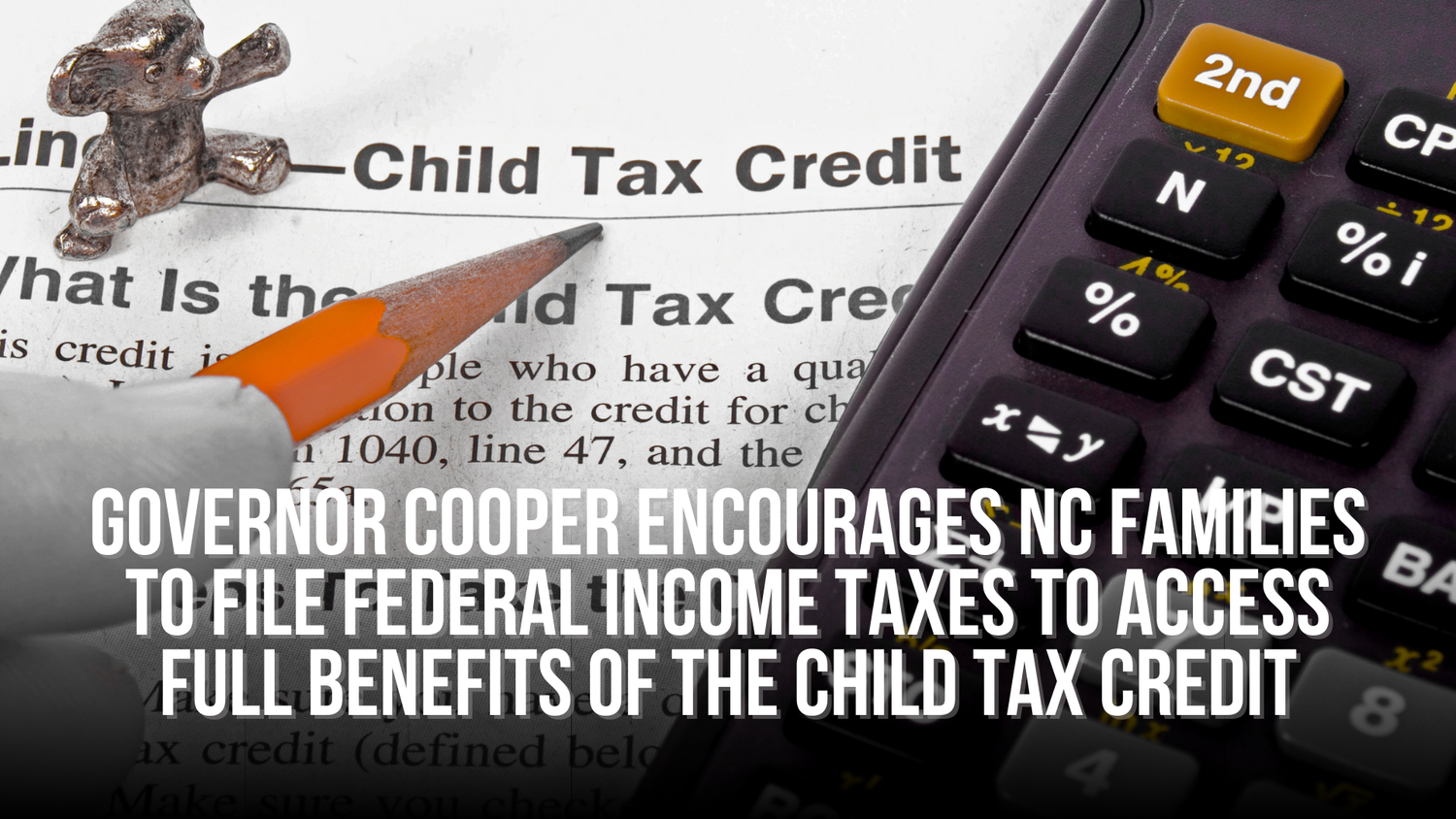During his 2024 campaign, Donald Trump promised sky-high tariffs on products from China and across-the-board taxes on imports from other countries. Now president-elect, Trump has already pitched the idea of levying 25% taxes on Mexican and Canadian imports to the U.S., blaming those governments for failing to arrest the cross-border flow of illicit drugs and illegal immigrants.
All tagged taxes
John Hood: New import taxes are a bad bet
During his 2024 campaign, Donald Trump promised sky-high tariffs on products from China and across-the-board taxes on imports from other countries. Now president-elect, Trump has already pitched the idea of levying 25% taxes on Mexican and Canadian imports to the U.S., blaming those governments for failing to arrest the cross-border flow of illicit drugs and illegal immigrants.
John Hood: Let's talk taxes - the right way
State and local governments annually collect tens of billions of dollars in taxes from North Carolinians. The total bill comes to an average of $5,300 per person per year.
NCDOR issues update on opening of 2022 tax season
Tax law changes included in last year’s budget delayed the Department of Revenue’s (DOR) finalization of tax forms, updates for tax systems, and approval of tax preparation software. Accurately processing 2021 tax year returns and issuing refunds in timely manner is a priority for DOR.
Governor Cooper encourages NC families to file federal income taxes to access full benefits of the child tax credit
With tax season quickly approaching, North Carolina families are encouraged to file their federal income taxes to ensure they access their full, expanded Child Tax Credit, as well as other federal benefits. Many families received about half of their tax credit payments in monthly payments in 2021 but will receive the rest of the money they are owed by filing their federal income taxes this year.
NFIB Tax Survey: High Taxes Remain a Significant Burden on Small Businesses
The NFIB Research Center released today a new tax survey of small business owners assessing their biggest tax challenges, implications of potential changes to the tax code, and how tax policy impacts business operations. Most notably, federal income and payroll taxes are significant costs and administrative burdens for small businesses.
U.S. Supreme Court backs donor privacy
The U.S. Supreme Court backed donor privacy in a decision released Thursday, July 1. The closely watched ruling was based on a case from California in which the state's then-Attorney General Kamala Harris tried to require nonprofit organizations to disclose the identities of donors by requiring them to file an unredacted “Schedule B” with their taxes, which would reveal the identities of anyone giving $5,000 or more in money or goods.
Users should pay for highways
As a fiscal conservative who thinks government is generally too large and taxes too high, I am grateful for the gas tax.
Senate passes sweeping tax cut package with 8 Democrats on board
The North Carolina Senate passed a Republican-led tax reform package Wednesday evening in a quick, 36-14 vote that drew eight Democrats to cross the aisle and vote in favor of the bill. House Bill 334 would raise the standard deduction from $21,500 to $25,500 for joint filers, which would take about a quarter of a million of the lowest-income North Carolinians entirely off the tax rolls. It also reduces North Carolina’s flat income tax rate for remaining taxpayers from 5.25% to 4.99%.
Tax policy shapes migration flows
North Carolina is a popular destination for those seeking to make a new life in a new state. According to a tracking report by United Van Lines, we ranked sixth in the nation for inbound migration during 2020.
Sen. Berger Op-Ed: "The Republican Vision for North Carolina is Clear"
The Republican philosophy for North Carolina is apparent to any mildly informed observer not predisposed to blind partisanship. After all, we’ve adhered to it for more than a decade.
John Hood: Picking winners Is for losers
Taxing the income, sales, or property of a business is a means of paying for government services associated with that business activity. It pays for police, courts, and other means of protecting property and adjudicating disputes. It pays to train current workers and educate future ones. It helps pay for local streets and other infrastructure.
Migration analysis suggests tax climate draws Americans to N.C.
A recent examination by the Tax Foundation shows North Carolina’s high net migration rate may be due to its friendly tax climate. The nonprofit, nonpartisan group annually examines migration trends, using data from United Van Lines, the largest moving company in the country. That company’s National Movers Study found that in 2020, Idaho saw the highest percentage of net migration at 70%, followed by South Carolina (64%), Oregon (63%), South Dakota, and Arizona (both 62%). North Carolina ranked sixth at 60%.
The states with the highest exodus? New Jersey, New York, Illinois, Connecticut, and California.
With Democrats in charge of the White House, and U.S. House, and (possibly as of this writing) the U.S. Senate, you can expect a push by left-wing activists and politicians to repeal some federal tax cuts enacted by the previously Republican Congress and signed by President Trump.













